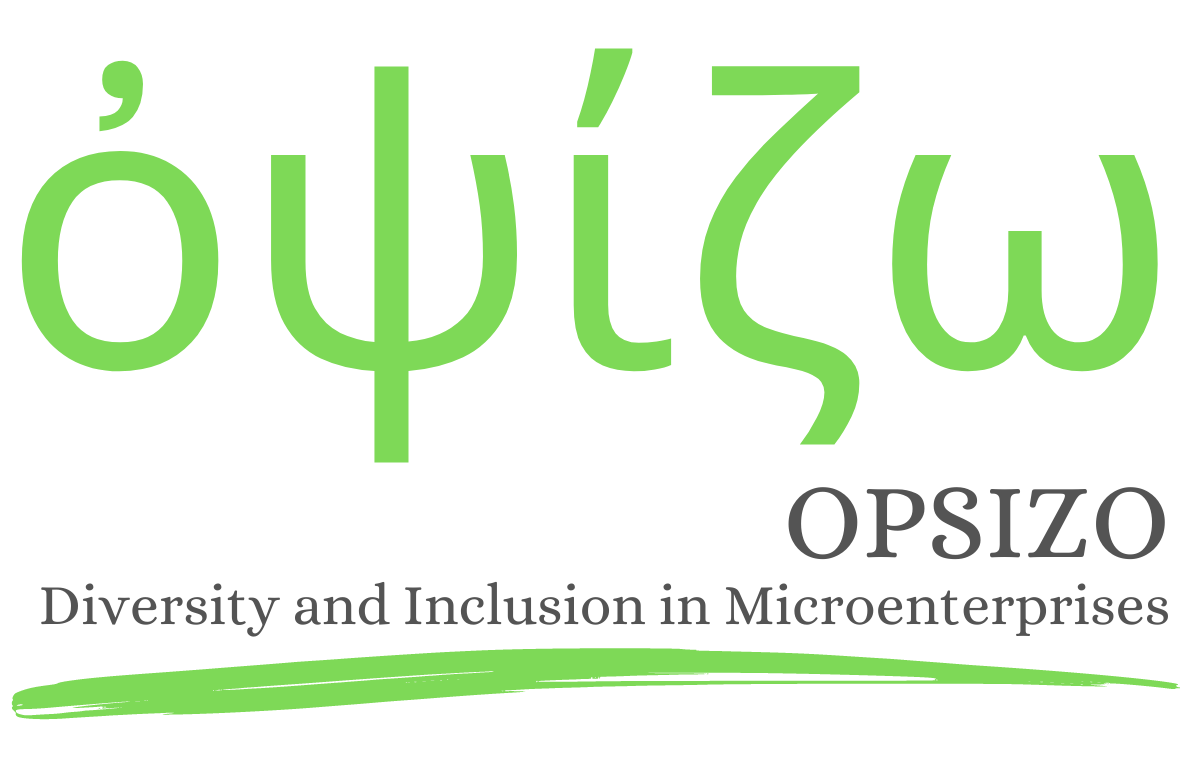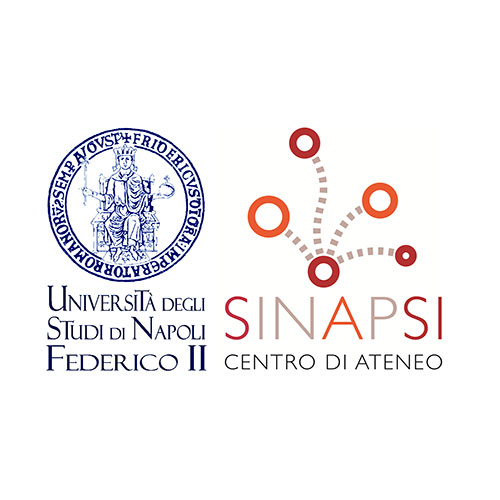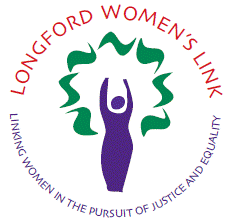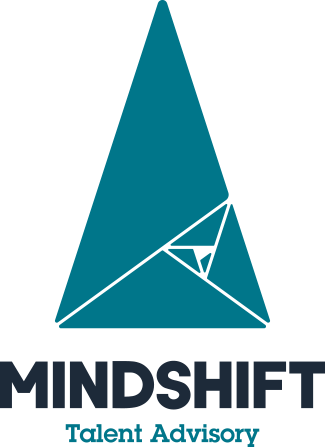

The EU Investment Bank estimates that in 2021, 23 million micro-enterprises (with up to 9 employees) made up 99% of all businesses and 75% of all jobs in the EU. Exclusion dynamics severely impair the ability of microbusinesses to compete. Some papers (EaSI Report “Gender Equality & Industrial Relations in EU” 2021) refer to “occupational segregation”. The need to transform small enterprises into inclusive spaces that value diversity as a vehicle for economic growth, personal and professional achievement of individuals at risk of exclusion is expressly mentioned in EU plans. Employees and management of small and microenterprises should be trained with “educational and upskilling initiatives” on diversity, according to the “EU Gender Equality Strategy for 2020-25” and “EU SME Strategy 2020”.
Gender equality is closely linked to social justice and is one of the key objectives of the UN 2030 Agenda for Sustainable Development. The 2030 Agenda represents an important opportunity to unite efforts at the global level and develop coherent policies for achieving gender equality. Moreover, diversity management is important because it contributes to enhanced economic and social performance, to build up a better adaptation to demographic and organizational changes and to compliance with the law.
The main goal of the OPSIZO project is to improve the competitiveness and efficiency of microenterprises, through innovative training and operational tools, to promote a culture of diversity and inclusion as corporate welfare tool, to contribute through innovative training courses to equality in the world of work.
OPSIZO is tailored to the specific needs of selected target groups:
The Project has 5 main Work Package:
Project Partners:
The OPSIZO Project has started on the 1st of November 2022 and its end is on 31st October 2024.









